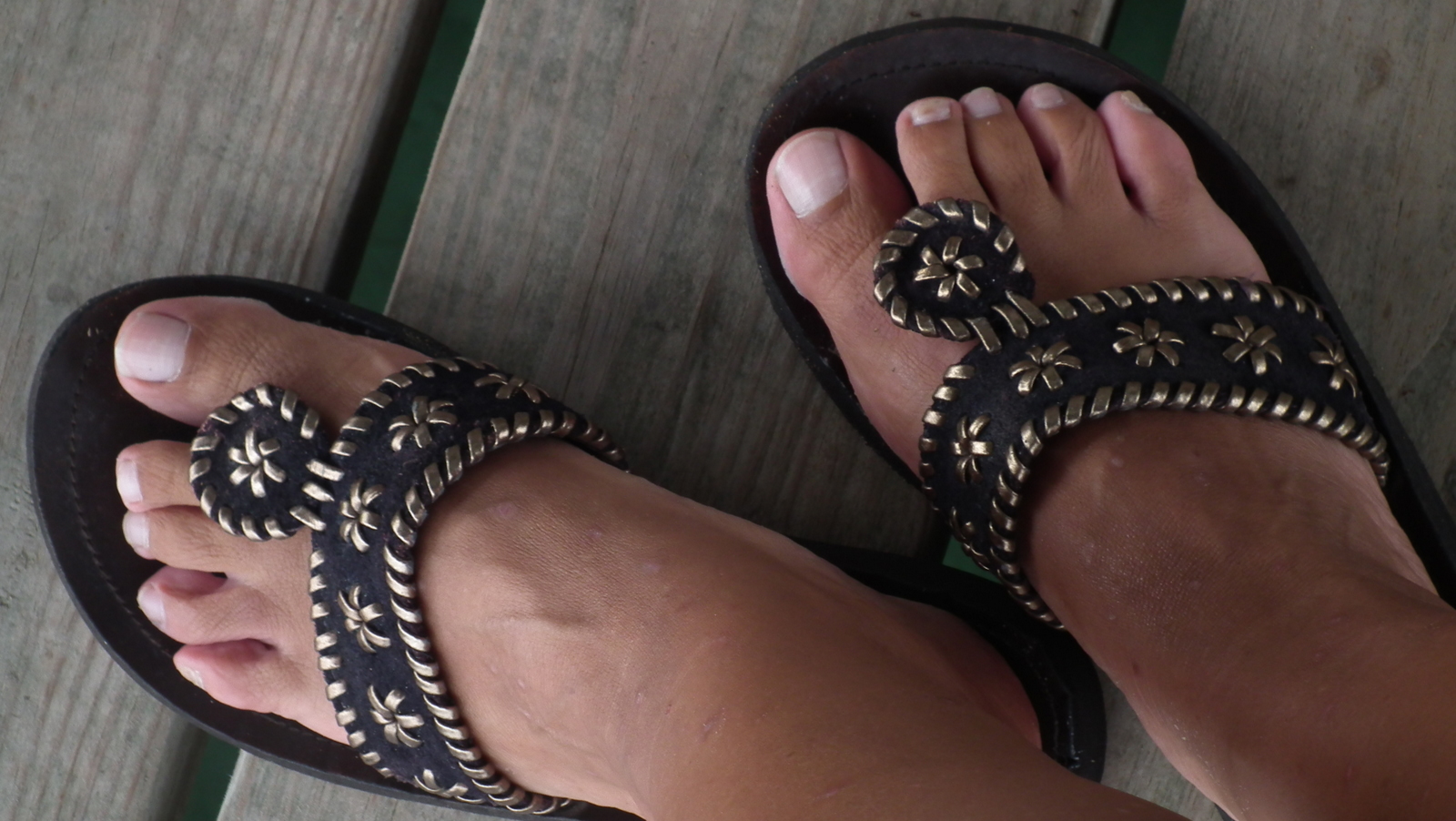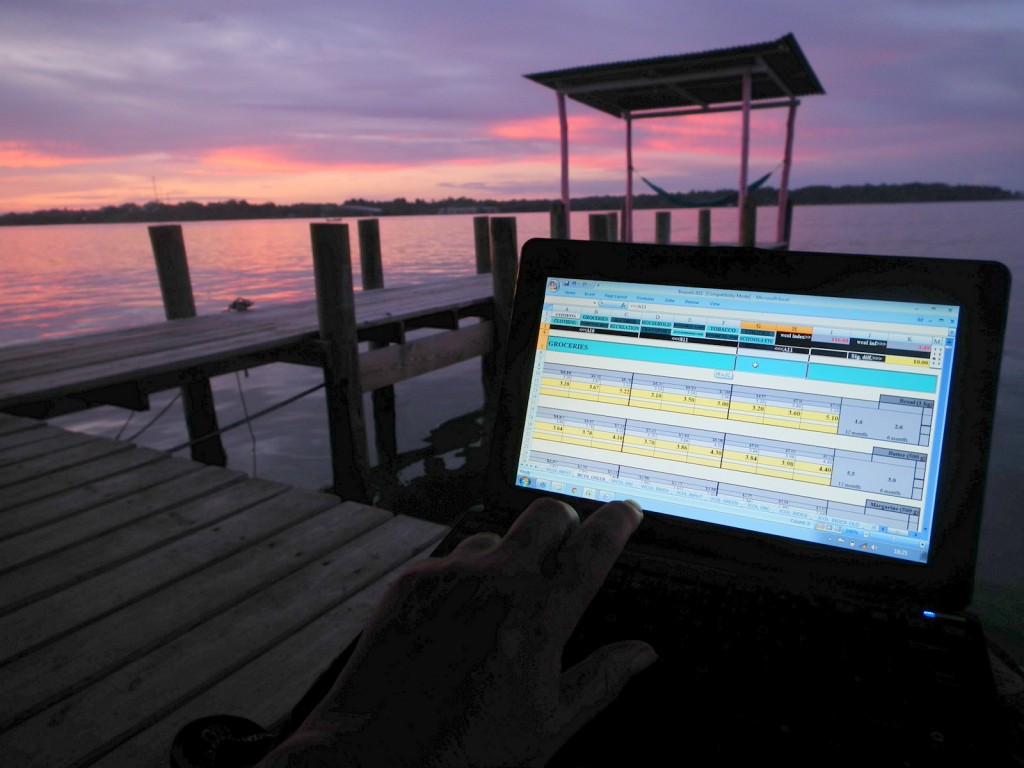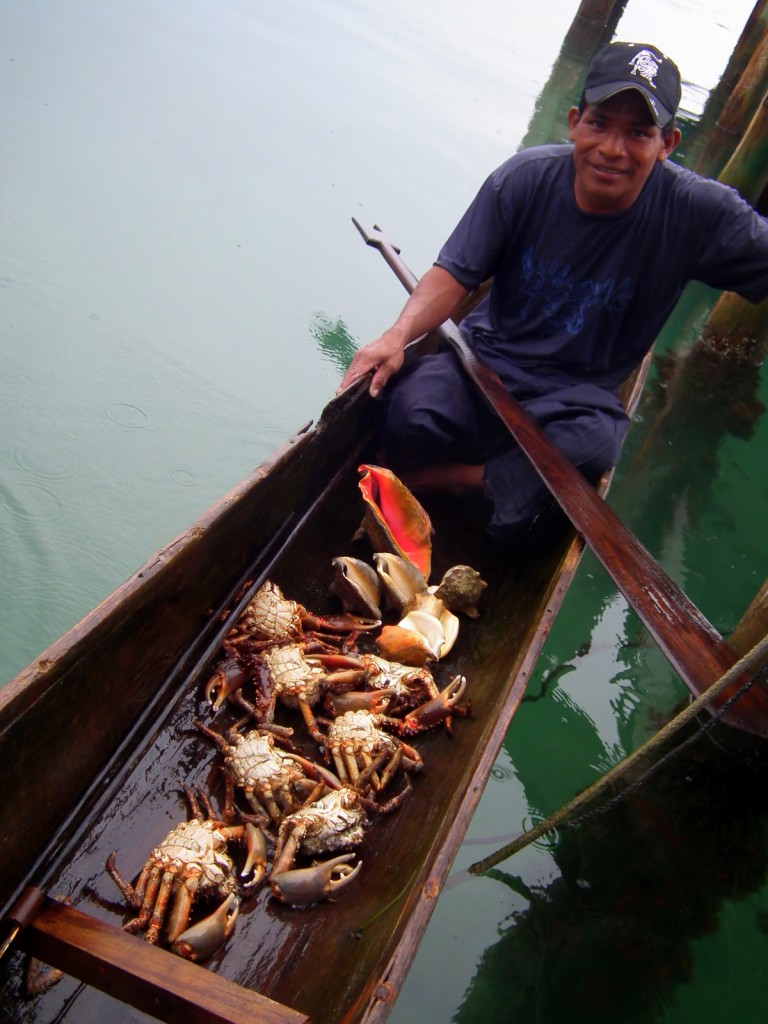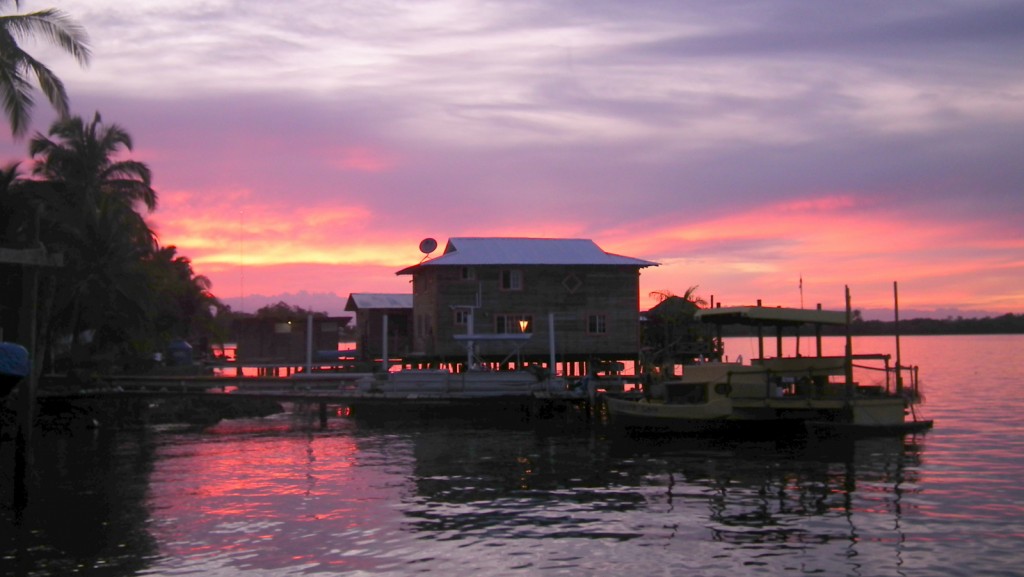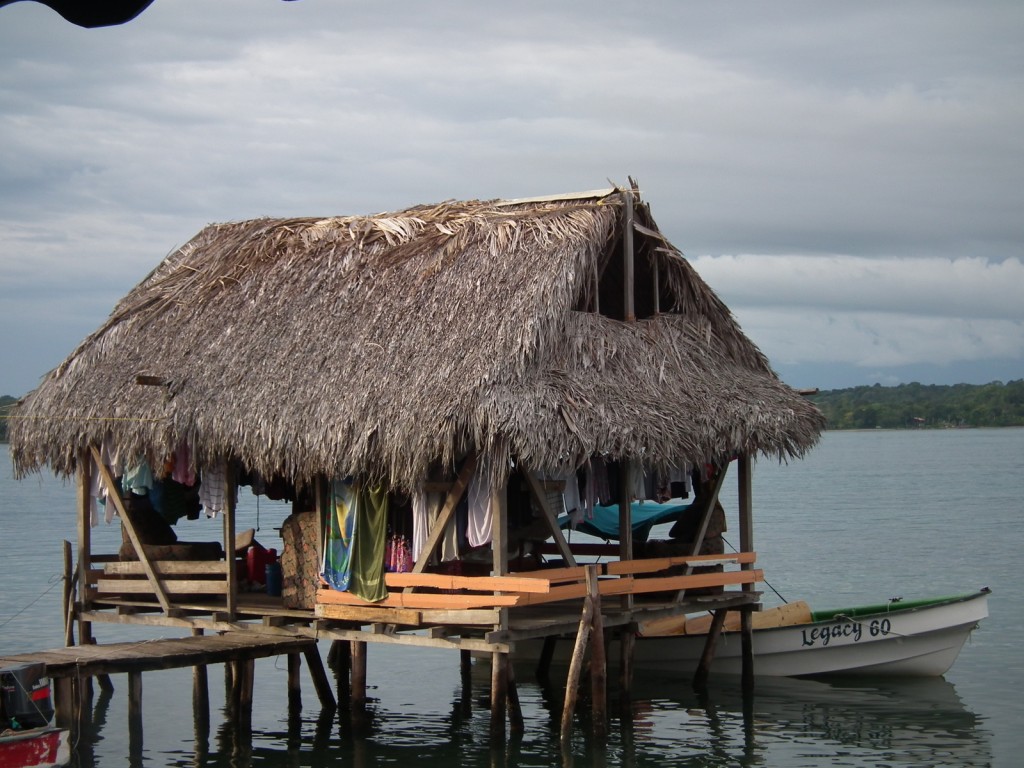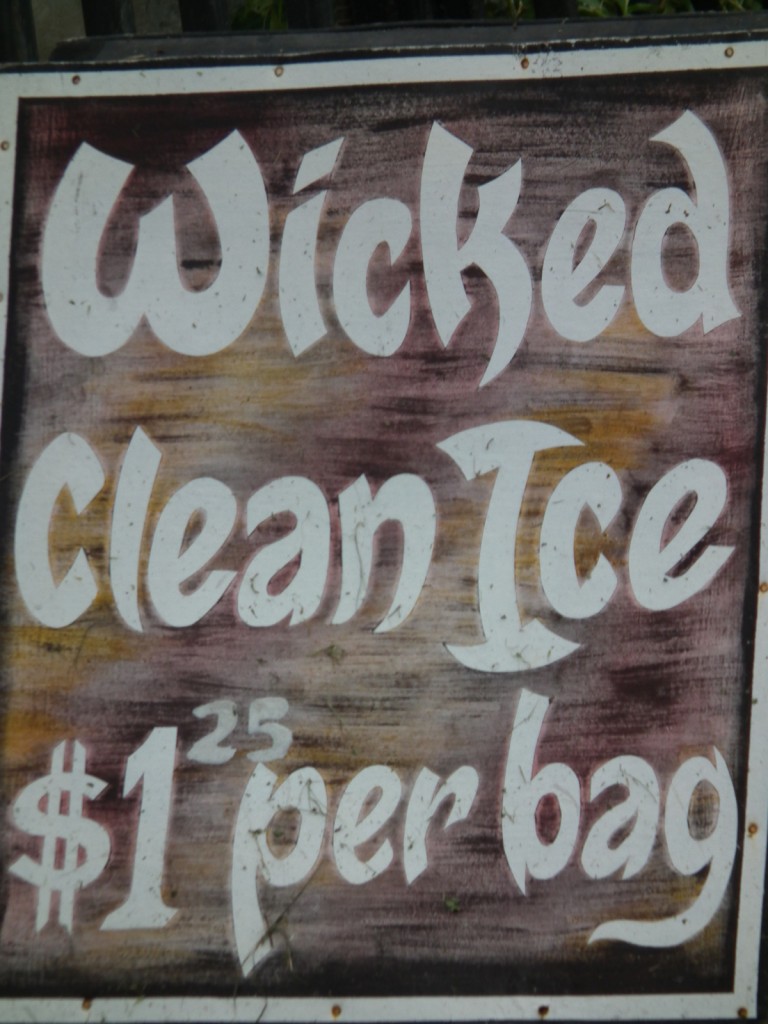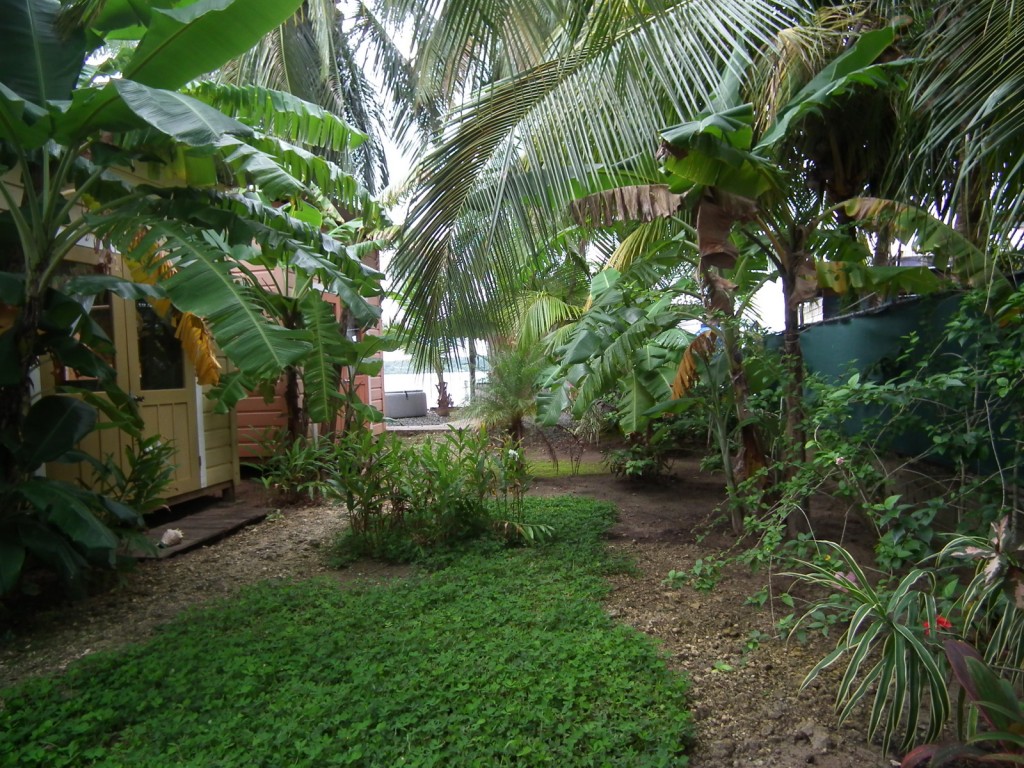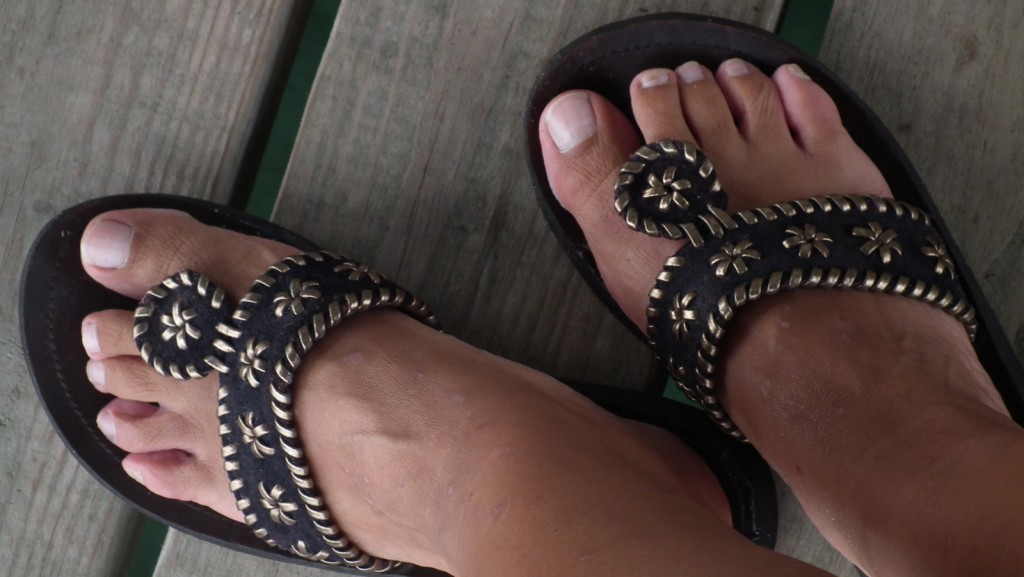After a whirlwind couple of weeks partying with the Raleigh crew, the group has finally dispersed. Some have flown back to the UK, while others have moved North, chasing adventures up through Central America and into Mexico. Now, for the first time in a while, I find myself alone. My new home for the next couple of months is the serene archipelago of Bocas del Toro, just off the mainland of Panama.
Life here has settled into a wonderfully simple rhythm. Most mornings, I dive into the freelance work Jon has sent me: analyzing the Economist Intelligence Unit’s city surveys. It’s a relatively straightforward job working spreadsheets of data, requiring just two or three hours of focused effort each day. Once that’s done, I take a leisurely stroll down the road to a spot where I can connect to WiFi, sending and receiving files. These short walks also double as opportunities to pick up groceries or drop off laundry with the kind, elderly man who runs a small, no-frills laundromat just a few doors down.
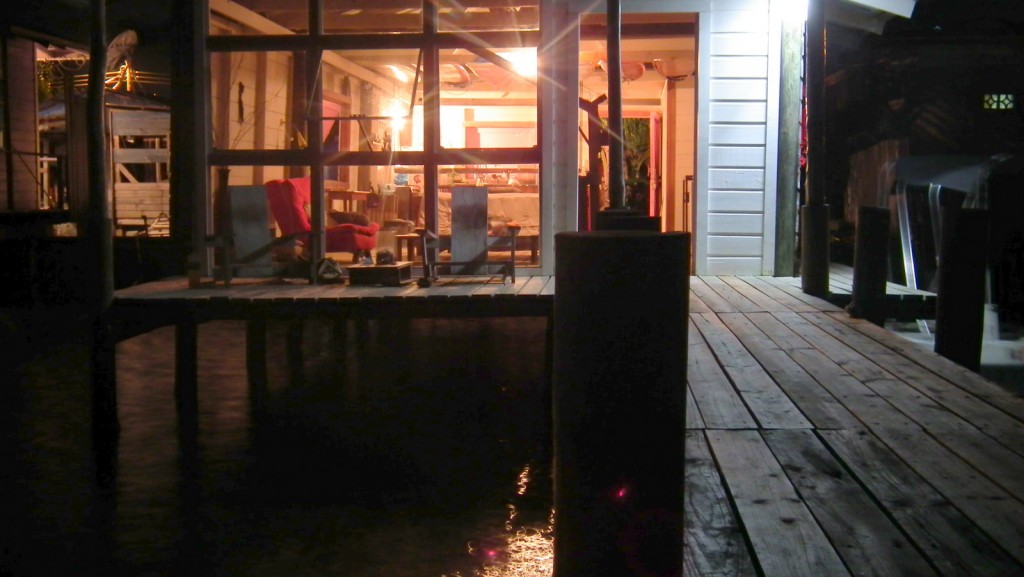
The rest of the day is mine to enjoy. Often, I retreat to my hammock, a perfect perch where I can lose myself in a good book, swaying gently in the warm breeze. When the heat becomes too much, I climb down to the dock and leap into the crystal-clear waters below. A gentle current flows past the end of the dock, creating the perfect natural treadmill. I swim against it, staying in place, until I feel I’ve had enough exercise. Then, I pull myself back onto the sun-warmed wooden boards, lying there as the sun dries me off.
Water laps under the dock and seen through the floorboards of the living room and kitchen. Simple living couple of sofas, a long wooden dining table hanging from the ceiling. Kitchen in a corner to one side, large fronted floor to, ceiling windows at the front with door onto small deck and long narrow dock to the end sheltered cabana at end with hammocks.
At nights to get into town or back home from the bars and restaurants, the only option is a small water taxi. These modest boats, just big enough for four passengers, glide swiftly over the water, charging only $2 ($3 if it’s late). The ride is magical, with warm tropical air rushing past and the sound of the motor humming over the stillness of the sea. As we near home, the soft glow of the dock light serves as our beacon, guiding us safely back to shore.
One morning a local fisherman rows up to my dock in a traditional dugout canoe, its wooden hull brimming with fresh lobster, crab, and crayfish. The offering is irresistible, but I have absolutely no idea how to prepare any of it. I ask about the price – the answer just $10 for the entire catch! A feast if I had any idea how to prepare and cook it.
The days unfold at a leisurely pace, punctuated by visits from Donna’s clients. They come and go, stopping for a quick chat before disappearing back into their routines. Most are American expats, drawn to the easy lifestyle of the islands and the promise of lower taxes. Their stories adding texture to the island’s relaxed social tapestry.
Evenings often find me at Mike’s, a quirky bar and restaurant housed on a large converted fishing boat. The atmosphere is laid-back, the kind of place where you can drink El Caño whisky and coke and dig into a steak cooked the way only Americans know how. Conversations flow as freely as the drinks, with tall tales and scandalous gossip filling the air. Regulars swap stories of hidden loot and alleged run-ins with the law, boasting about who’s evading what—or who. Taxes, estranged wives, the FBI seem to feature prominently in the bar’s collective narrative. Like fishermen comparing their biggest catches, these expats wear their secrets like badges of honor, each one trying to outdo the other.
Today, Arabella, long time friend of Donna’s arrives for haircut, in a trap without escape. Her very wealthy abusive husband and now son treating her miserably, but she has been with him for so long and with no means of supporting herself cannot see a way out of it. The gilded mansion in the hills outside town, stuffed with a rich man’s paraphernalia and her.
Most of the neighbours are local Panamanians. Homes are larger versions of the boathouse but always on stilts over the water. My next door neighbours are a retired schoolteacher and a large extended family of several generations.
Next to them an American couple with their child, who run restaurant on the far side of the island. Some ferocious arguments float across the water in the evenings, all is not well in paradise. A few more doors down another guesthouse with a salty old guy, Donna’s ex, with large platform dock, WiFi and legendary large toes… very friendly. Donna tells me he recently had to be taken to to hospital when viagra produced a permanent embarrassing state.
To the right of my dock house, a lean hard Israeli woman lives with her American husband. They have set up a Montessori primary school which most of the young expat kids attend. I try to engage her with conversation of my years spent in Israel on Kibbutz Kfar Haruv on the Golan Heights. But she trying to get as far away as possible from middle eastern politics and any discussions on it.
Yesterday, I received an invitation to a party among the yachties who pass through Bocas del Toro on their way to the Panama Canal and the vast expanse of the Pacific. For many, this picturesque stopover will turn into an extended stay. The allure of easy living, coupled with the island’s charm, they find their plans to move on are often delayed indefinitely.
Among this crowd of adventurers and reprobates is the crew of the Floating Doctors, a steel-hulled vessel. Staffed by volunteer medics, the boat travels from island to island, providing much-needed healthcare to the indigenous Ngäbe and Buglé communities. These indigenous people exist largely on the margins of society, overshadowed by the Americans, tourists, and local Panamanians who dominate the social and economic hierarchy. Moving quietly in their simple canoes, they are almost ghostlike as they navigate between the buzzing water taxis, slipping into view only briefly before disappearing again.
Once a week, the Floating Doctors anchor at Donna’s dock. From there, they visit the nearby old-age home, a small but crucial part of their work. This week, I decided to join them, eager to see firsthand the impact of their efforts. The experience was humbling. The care home is a stark and sobering place—a vast dormitory filled with rows of beds, each occupied by elderly individuals who can no longer care for themselves or who have no family to care for them. Privacy is a luxury they no longer have. Most lie quietly under the slow-turning fans, their days blending into one another, with little to do but wait for the inevitable. The air is thick with resignation, and it’s hard to shake the sadness that lingers there.
The more time I spend here, the more I realize how many different lives converge on these islands. For some, it’s a temporary escape, a chance to recharge before returning to the grind of their everyday lives. For many, a life of poverty and want between the cracks. For others, it becomes a permanent refuge—a place where they can reinvent themselves, disappear, or simply enjoy the slower pace of life.
Donna has already begun teasing me that I’ll be the next one to fall under Bocas’ spell. “You’ll never leave,” she says with a laugh, and I can’t entirely rule it out. The thought is tempting, but the reality is more complicated. Staying here would mean leaving behind friends, family, and everything familiar—a trade-off I’m not sure I’m ready to make.
For now, though, I’m content to simply be here, put my feet up and soak in the moments, the stories, and the unique rhythm of life of Bocas del Toro.
